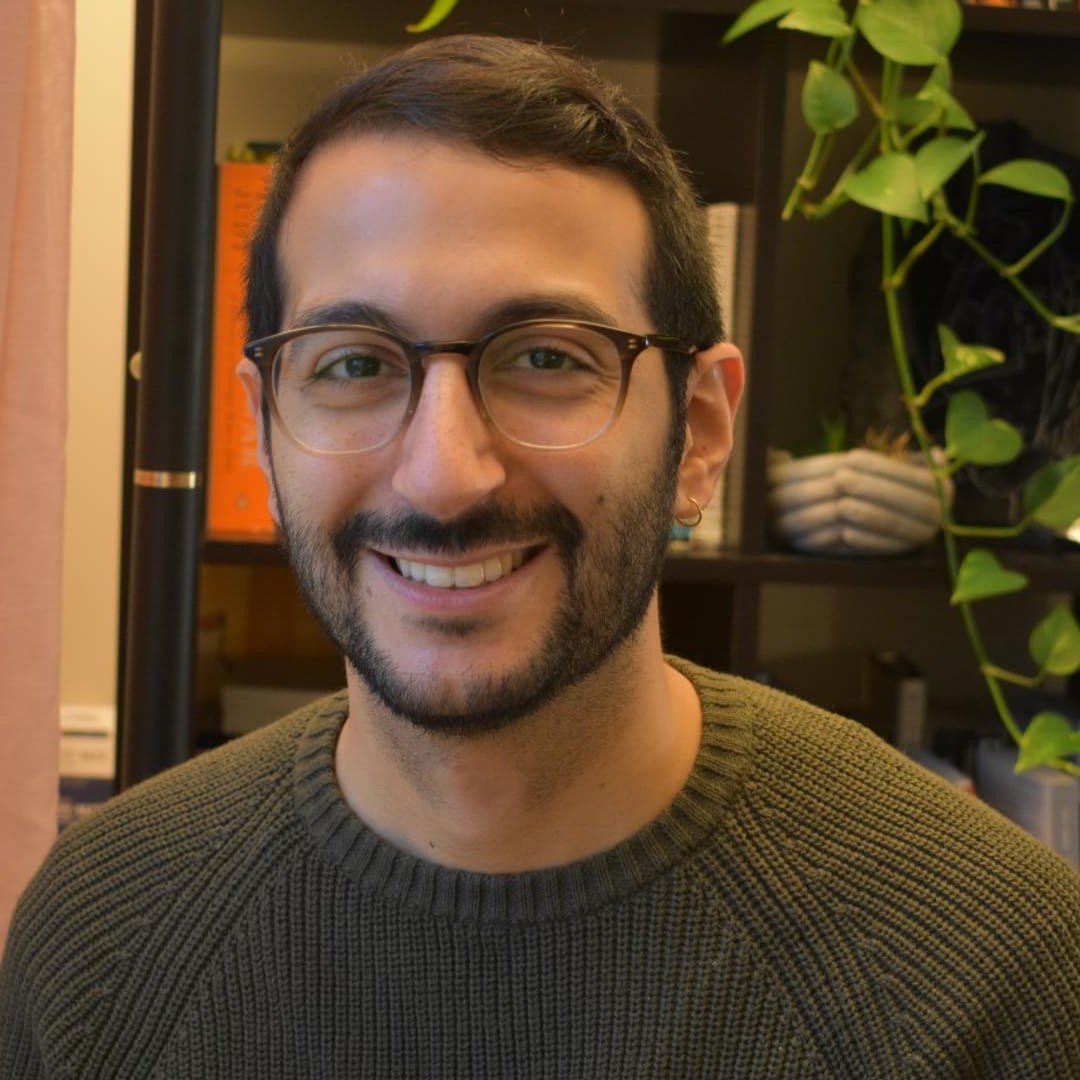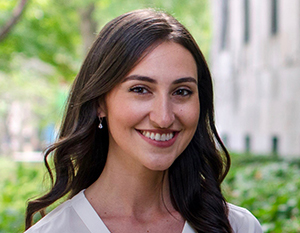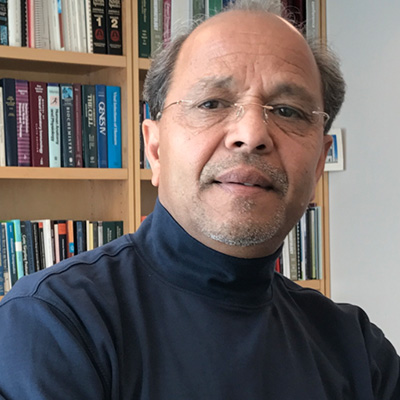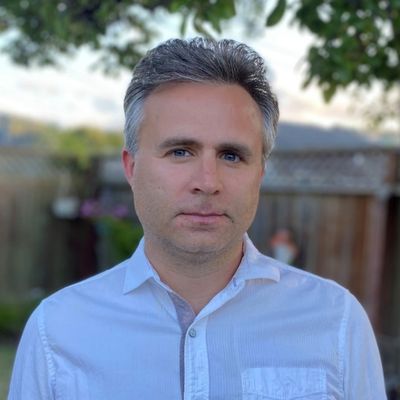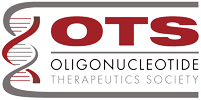
Looking for something?

Edward M. Kaye, M.D.
Chief Executive Officer and Director of Stoke Therapeutics
How did you become interested in the field?
My interest in genetic medicine began as a biochemical geneticist and pediatric neurologist. Back in the 1990s, when I was treating patients, I saw first-hand the heart-wrenching frustration of the many families leaving the hospital without a definitive diagnosis and limited, if any, treatment options for their child. It was so difficult to be asked for help that I couldn’t give them.
My frustration led me to transition to biotech, where I began the next phase of my career, focusing on translating promising science into new medicines for severe genetic diseases. My experiences treating patients continue to be a driving factor in the work I do today, leading a team of people who are working to discover and develop meaningful new medicines for patients.
Who were your early mentors?
Two individuals who played pivotal roles in shaping my career were Dr. Hugo Moser, a prominent pediatric neurologist, and Henri Termeer, the long-time CEO of Genzyme. During my academic journey, Hugo quietly helped advance my career by recommending me for new opportunities to develop and learn, including with the Annals of Neurology and The Children’s Hospital of Philadelphia. This type of support and engagement were indicative of who he was as a leader. If he saw a stand-out individual, he proactively stepped in to support their career progression.
Henri helped me transition from academia to biotech and heightened my understanding of organizational dynamics. Henri valued my scientific perspective and respected my willingness to challenge ideas. Today, I serve as a mentor at the Termeer Foundation, a nonprofit focused on connecting healthcare innovators.
How did you become involved in OTS?
My interest in OTS began when I was at Sarepta Therapeutics, developing the first approved treatment for Duchenne muscular dystrophy using an exon-skipping oligonucleotide. I continued my involvement in OTS through my work at Stoke Therapeutics, where we discovered and are now developing an investigational oligonucleotide to treat Dravet syndrome. Dravet is classified as a developmental and epileptic encephalopathy due to the developmental delays and cognitive impairment, in addition to seizure activity, that stem from the genetic mutation that causes the disease.
What makes OTS unique from other societies?
OTS is vital for researchers across the industry to share scientific knowledge and collaborate globally. I appreciate how the organization ignites meaningful discussions, fosters a sense of inclusivity, and plays a crucial role in bringing scientists and clinicians together. As the field of genetically targeted technologies (GTTs) continues to advance, OTS is at the forefront of bridging the science with the clinical impact of these treatments to patients and families.
What is special about the type of research/work you’ve done?
Since I transitioned to biotech, I’ve shepherded seven new medicines to patients with severe genetic diseases. I led clinical research at Genzyme and a team of people who achieved the approval of Myozyme (alglucosidase alfa) for Pompe Disease. After Genzyme, I joined Sarepta, where I led the development of Exondys 51 (eteplirsen), the first genetic medicine and oligonucleotide for Duchenne Muscular Dystrophy. Bringing groundbreaking and life-changing new medicines to patients and their families is a feeling that is indescribable.
What do you like to do in your free time?
I prioritize spending quality time with family and friends. I also enjoy working out, staying active, and competitive sailing with a team of people.
Any other fun facts/tidbits you’d like us to know!
A favorite book I always recommend is Sailing True North by Admiral James Stavridis. It explores stories of naval heroes and their ability to overcome challenges and make impactful decisions during crises, highlighting the essence of true leadership.


